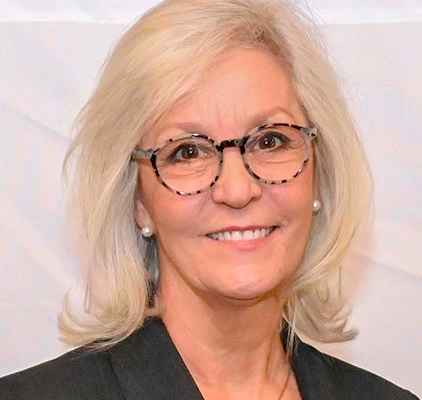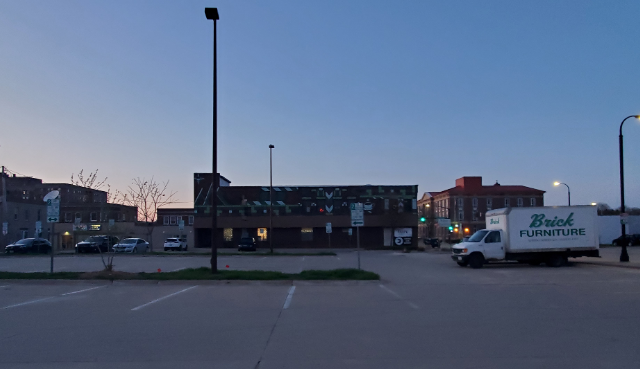Fighting COVID information fatigue in Iowa

IOWA CITY — The COVID-19 pandemic is now two years old, and Iowa health-care workers say they’re working under a cloud of crowded hospitals and a public still not fully embracing preventive measures, but doctors and nurses still are pressing forward with key messaging.
As January wrapped up, more than 900 patients with COVID-19 as a primary or secondary diagnosis were in Iowa hospital beds. That compares with fewer than 60 last June.
Shortly before announcing his departure, University of Iowa Hospitals and Clinics chief executive Suresh Gunasekaran told Iowa Watch if it were up to staff, residents would be called every day to be warned about infection risks, as well as the pressure hospitals are under. “It’s really difficult for health-care workers to be under this much strain, to be at this workload for what they perceive to be preventable illness.”
Health-care workers aren’t targeting any political groups, but they still stress the importance of vaccines and wearing masks amid backlash over mandates. Republican Governor Kim Reyonolds is vaccinated but has generally positioned herself against the idea of requiring people to take those steps.
Reynolds recently called attention to long-standing nursing shortages as part of the strain being felt by health-care systems. Jennifer Nutt, of the Iowa Hospital Association, says while that is a factor, political rhetoric isn’t helping. “There are thoughts that, if it was not as politicized, and it was like any other disease that came out, and ‘here’s a vaccine,’ if it works, there would not be the back and forth and political arguments about vaccines.”
As health-care workers keep up with testimonials about staff burnout, Nutt urges the public to follow the science and not pay as much attention to what politicians are saying about these issues. She says there’s reliable data about the effectiveness of booster shots, and how they can play a role in turning a corner in fighting COVID variants.




